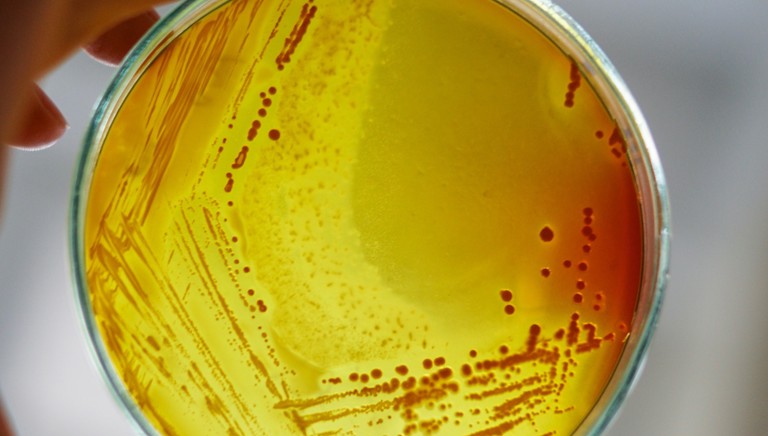ABPI response to Applied Health Economics and Health Policy paper: “Can the UK ‘Netflix’ Payment Model Boost the Antibacterial Pipeline?”
The article published today in the Applied Health Economics and Health Policy journal describes the importance of the pioneering pilot scheme designed to incentivise and support the development of new antibiotic treatments.
This first of its kind pilot scheme, launched in 2022, attempted to address the issue of the market failure in antibiotics by putting in place a new ‘subscription-style’ payment model.
Due to the high cost and low returns associated with antibiotic research, the current drug pipeline is insufficient. As of 2020, there were only around 40 antibiotics being studied in clinical trials, compared to for example over 1,700 products in immuno-oncology in the same year.
Solving this issue will take global collaboration between government, healthcare systems and the pharmaceutical industry, to develop sustainable long-term solutions.
Paul Catchpole, Director, Value and Access at ABPI said: “The growing rise of antimicrobial resistance (AMR) continues to threaten the foundations of modern medicine and while efforts are being made to combat resistance through better antibiotic stewardship, a sustained international approach is needed to see greater change.
“Learnings taken from the pilot scheme to inform the development of a UK-wide sustainable AMR solution will help ensure the UK continues to play its part in incentivising global research and development into new antibiotic treatments”.
- AMR
- Antibiotics
- Anti Microbial Resistance
- Antibiotic resistance
Last modified: 20 September 2023
Last reviewed: 20 September 2023

